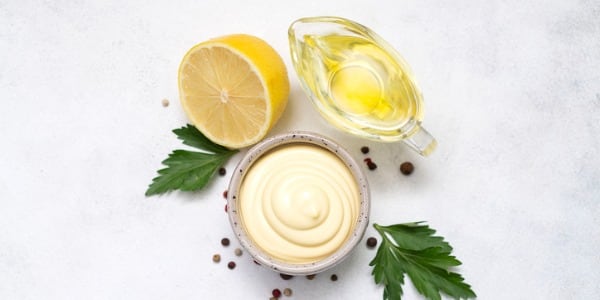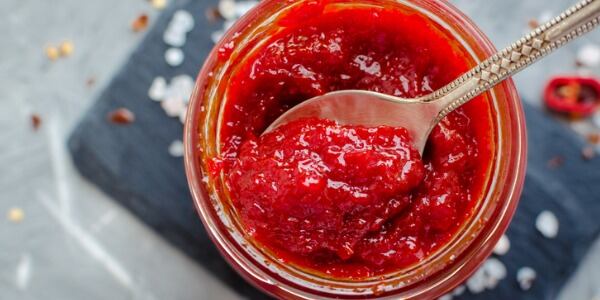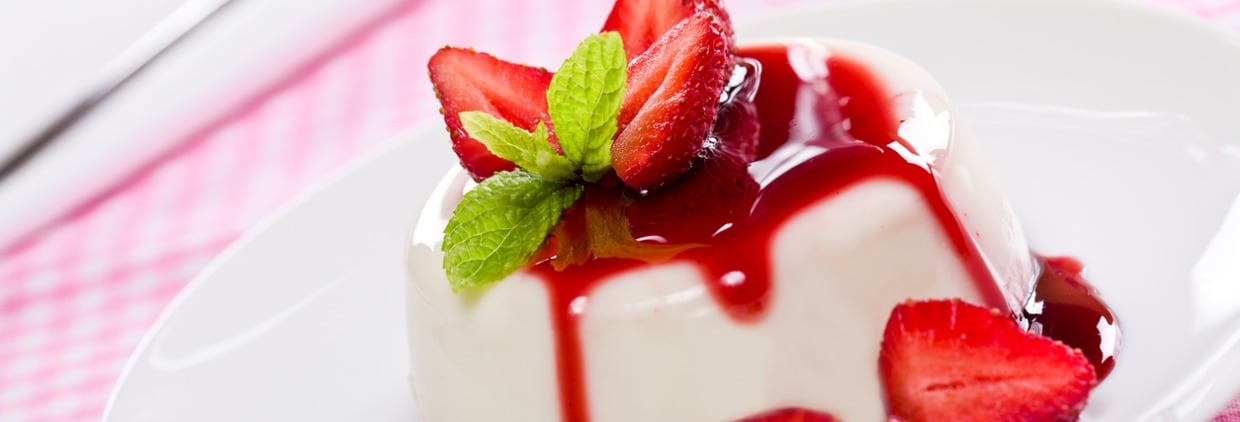The rise of plant-based foods has reshaped the food industry, driving an increasing demand for alternatives to traditional animal-derived products.
But formulating these products requires overcoming several technical hurdles. Unlike animal-based products, plant-derived ingredients can lack the structural and functional properties needed to achieve the desired mouthfeel, stability and texture.
One of the key challenges in plant-based formulations is replicating the textures of animal-derived products, such as cheese analogues. Stabilising emulsions in dressings and preventing sedimentation or protein denaturation in UHT drinks is also challenging. Additionally, achieving good nutrition, taste and clean-label formulations remains a priority.
A practical approach involves the use of functional blends: pre-designed combinations of ingredients that provide targeted textural and performance enhancements. These blends simplify production by ensuring reproducible results, optimising performances of hydrocolloids and streamlining the formulation process.
This is where functional ingredient systems like FARA® Customized Functional Solutions by Faravelli come into play. Leveraging expertise in hydrocolloids, fibres and functional blends, these solutions assist manufacturers in creating high-quality plant-based products that closely resemble the sensory experience of dairy and meat.
Functional blends: A strategic approach for plant-based formulations
Faravelli’s FARA Customized Functional Solutions combine hydrocolloids, fibres and stabilisers in carefully calibrated ratios, offering several advantages:
- Texture optimisation Enhancing the structure and mouthfeel of plant-based meat and dairy alternatives
- Emulsion stability Preventing phase separation and sedimentation
- Water retention Improving moisture and juiciness in meat analogues while preventing syneresis in dairy alternatives
- Simplified production Reducing complexity by integrating multiple functionalities into a single ingredient system
- Clean-label benefits Incorporating natural ingredients to achieve the desired texture

Hydrocolloid synergies for enhanced performance
A key advantage of functional ingredient systems is their ability to leverage the synergistic effects of hydrocolloids. By combining different types – such as carrageenan, locust bean gum (LBG), xanthan gum and pectin – it is possible to enhance texture, viscosity and stability more effectively than with individual components alone.
Fibres for clean-label solutions
Fibres are valuable in plant-based formulations, contributing both to texture and nutritional benefits. Incorporation of soluble and insoluble fibres enables:
- Soluble fibre Creating a creamy, smooth texture, suitable for dairy alternatives.
- Insoluble fibre Adding structure and firmness, essential for plant-based meats and baked goods. Their properties to bind water and to add bulk can be useful in veg-ravioli and fillings for dumplings.
A practical example can be using oat, psyllium and bamboo fibre to contribute to the texture of plant-based burgers, while soluble fibre enhances creaminess in dairy-free yogurt. The smart use of fibres can improve texture while increasing the overall fibre content of a product, aligning with clean-label and nutritional goals.

Applications in plant-based product development
- Plant-based beverages UHT-treated plant-based drinks face challenges such as protein denaturation and precipitation with sedimentation due to heat exposure. A functional blend can help solving this problem. Pectin, as ionic polysaccharide, can help protect proteins during heat treatment, while gellan gum suspends particles without increasing viscosity. Carrageenan can suspend fruit pieces, increasing the viscosity of the media and citrus fibre can further improve suspension and body. Combining different hydrocolloids creates effects that a single hydrocolloid cannot and can improve the overall result.
- Plant-based cheese Replicating cheese texture and meltability without dairy proteins is challenging. FARA Customized Functional Solutions stabilise fat emulsions, enhance structure for different cheese formats (spreadable, semi-soft or hard), avoid syneresis over time and optimise colour and support the desired texture.
- Plant-based meat alternatives The right combination of ingredients helps achieve a desirable bite, juiciness and firmness, improving water retention and fat emulsification. Protein texturisers can support crunchiness and structure as well.
The future of plant-based food development
As demand for high-quality plant-based foods grows, advancements in ingredient functionality will continue to play a key role in meeting consumer expectations.
Carefully designed texturising solutions help manufacturers overcome formulation challenges, ensuring consistency, stability and sensory appeal while maintaining clean-label attributes.

In this context, ingredients system like FARA Customized Functional Solutions play a crucial role in advancing recipe development, enabling the creation of plant-based products that cater to consumer preferences and market demands. Developed by Faravelli, a leading global distributor of raw materials, FARA Customized Functional Solutions is the company’s proprietary brand tailored to the specific needs of R&D professionals.
Since the early 2000s, this brand has been providing the food industry with bespoke R&D support and customised solutions, facilitating the creation of targeted products across diverse food applications. FARA Customized Functional Solutions act as the essential link between ingredients, additives and industrial processes, turning innovative concepts into practical and cost-efficient solutions.
With the expertise of Faravelli’s R&D team, food and beverage manufacturers can develop high-quality, cutting-edge products that go beyond meeting industry standards to exceed consumer expectations.
Find out more about optimising customisable solutions for formulation needs.



